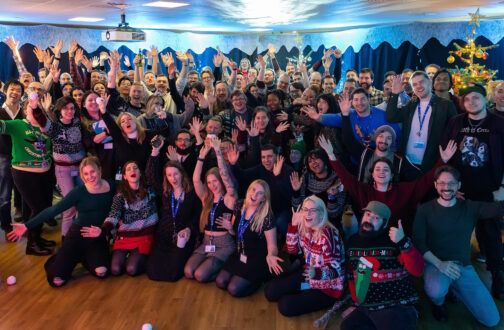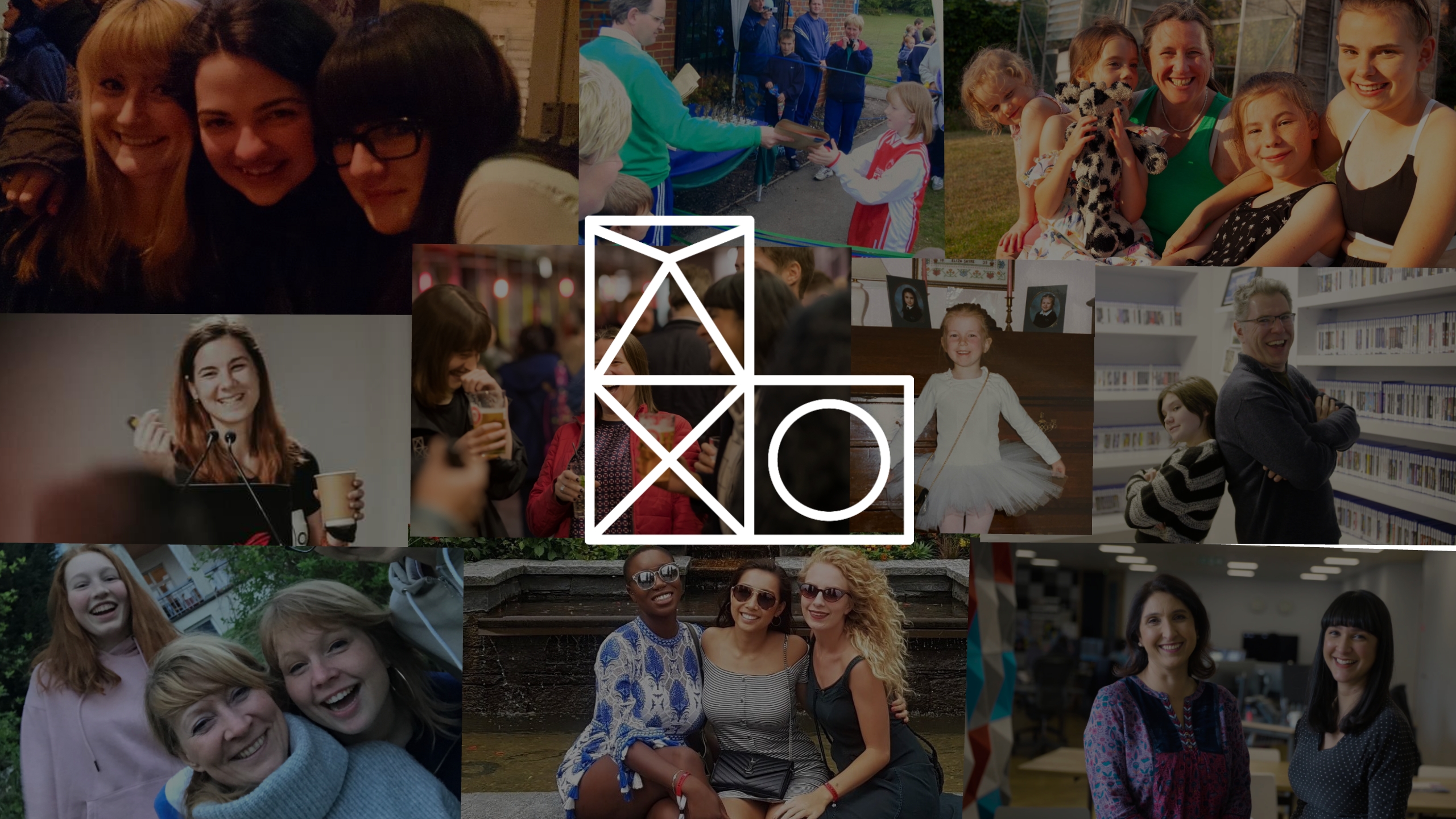
The importance of championing women
08/03/2021
This year’s theme for International Women’s Day is ‘Choose to Challenge’, recognising the need to call out gender bias and inequality.
Women continue to be an underrepresented group and whilst we’re thrilled that the right conversations are beginning to drive positive change, there’s still a lot more work to do.
Gender stereotypes shape self-perception, attitudes to relationships and distort our views of both ourselves and others. So how does our studio choose to challenge negative stereotypes? How do they champion the women in their life?
We caught up with some of the team to chat more.
Tara Saunders, Co-Studio Head
I joined PlayStation over twenty years ago and started on the same day as three other female friends from the same university course. On that day we more than tripled the representation of women working on the project. As I grew up being outnumbered by brothers, I felt quite comfortable and I don’t think it really dawned on me how much of a minority we were in the industry. Although there are a lot more women in the industry now than when I joined, I’m disappointed that there still aren’t more – especially in areas like programming. Years on, I believe I’m much more aware and informed about that void now, as well as the deep impact that a lack of diversity can have on team culture.
Giving back to the industry means a lot to me, so I’ve always tried to lend support and donate a bit of time in whatever small way is possible. I volunteer a lot of time to BAFTA and last year I was honoured to be part of the steering committee which reviewed all aspects of the awards to bring diversity front of mind. I’ve personally really enjoyed being part of mentorship programmes like Limit Break and BAFTA Breakthrough too. Through these I’ve made some connections and relationships with other women in the industry that have extended beyond the programme itself. These women have become long standing friends and my support network.
I’ve had a lot of people that have been an inspiration and support to me in my career, but there are a couple of women that really do deserve a special mention. Angie Smets from Guerrilla Games has always been a massive inspiration to me. She shares her time generously. If I have a question, need advice, or am having a crisis of confidence, I know that Angie is someone I can turn to. I’d also like to give a massive shout out to Dr Jo Twist. We’ve worked closely on the BAFTA games committee and I’m always in awe of her boundless energy and knowledge of the industry.
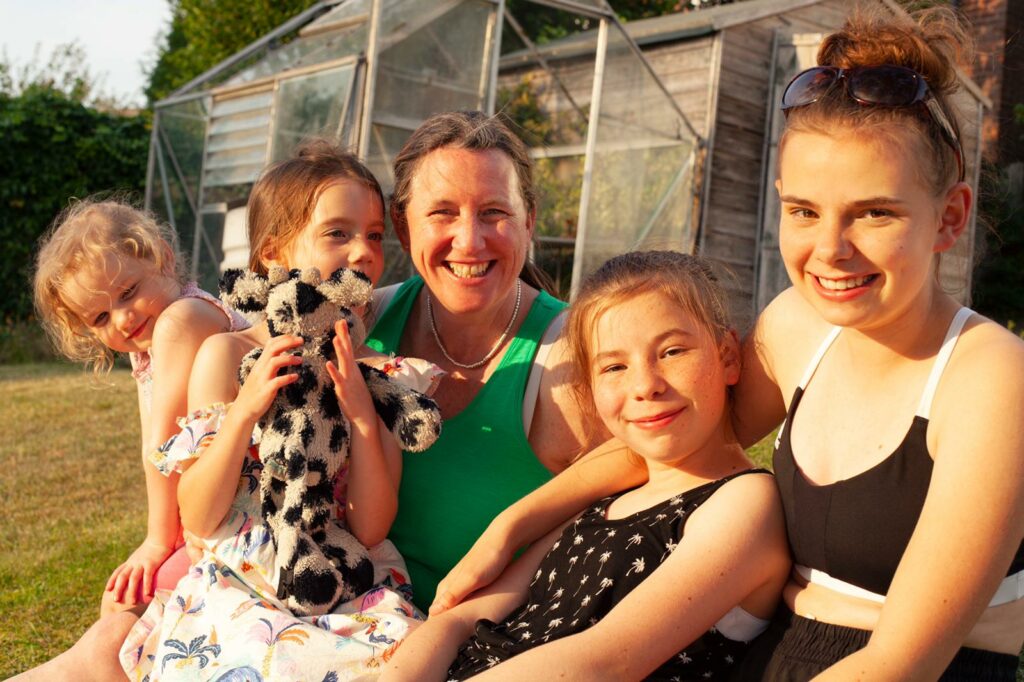
I have four nieces and I really want them to be able to follow their passion and interests, no matter what they are. They are all at varying ages and it’s still very early in their lives, but I see my role as a voice telling them that they can achieve whatever they set their mind to. You don’t have to take a set path in life.
One of my big bug bears is how early gender stereotyping starts, essentially from birth. It is so ingrained within our wider society and the way that we live, shop and act that we don’t break the cycle each generation. Why should girls have to play with dolls and boys play with trucks? Why do boys have to like blue and green, while girls are targeted to pink and purple? It starts with the choices of the toys we buy for our kids, nieces and nephews – largely due to blatant marketing stereotypes. It takes a real conscious effort to not fall for these gender stereotypes but it’s important that we keep our eyes wide open to it.
Lana Zgombic, Producer
I grew up in Croatia where for the longest time, you couldn’t even buy games and had to travel abroad for them. Even if you did, console games were still considered to be only for boys, but I loved them and I didn’t give in to people saying I shouldn’t play them because I was a girl. Luckily, in high school I had two (male) classmates who were very encouraging, so we became friends and they started lending me cool new games. I am grateful for them because I realised that the greatest help in breaking down stereotypes is through allyship of those in privileged positions.
This encouragement has further inspired me to pursue a career in gaming, not just because I love games, but because I wanted to become the inspiration I would have liked to have seen as a kid. I wonder how many girls in Croatia, UK and the rest of the world have put down games because families and friends around them have told them they shouldn’t play them? It makes me sad to see passion like that extinguished because of stereotypes. So, with that as a motivator, I have made it a mission to call out those stereotypes, to speak at schools and Universities, to speak to parents and to offer mentorship to underrepresented genders both solo and through Limit Break. I want to help diversify the industry and I implore everyone, not just women, to help with that. Check your biases, listen and be a good ally.
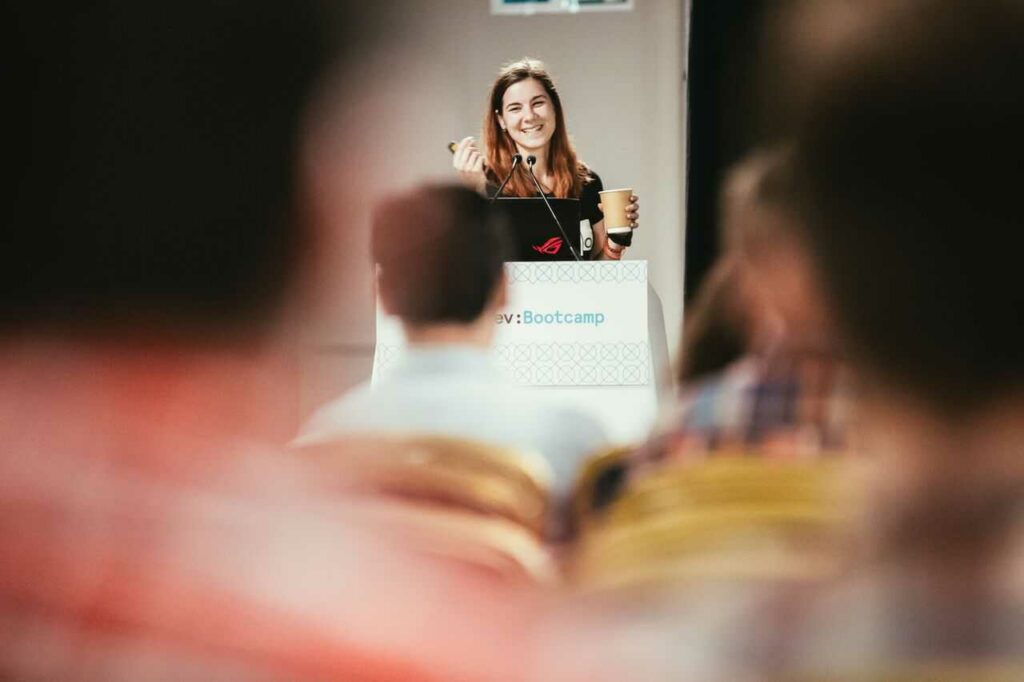
I do not want to discuss what it’s like being a woman in games anymore. I’m tired of that question. I do not want that to be all I am. I want to talk about my job role and the companies I work for. I want to show up at events and behave as if my presence is the most natural thing and everyone is cool with that.
Elle Lydia, UI Artist
You never think too much about what your job role could possibly mean to other people, but after a few years of “but you don’t look like a game developer!” you start to wonder – what can we do to change people’s idea of ‘what a game developer looks like’. I believe mentorship, taking time to talk to schools, colleges and universities creates opportunities to show those who may have an interest in working in video games, that it isn’t just men working in the games industry.
I have worked as a mentor for a programme focused on underrepresented genders within the games industry and the best thing that has come out of it is simply the community! People can talk to others who are like them and connect to people who can answer questions or give them advice.
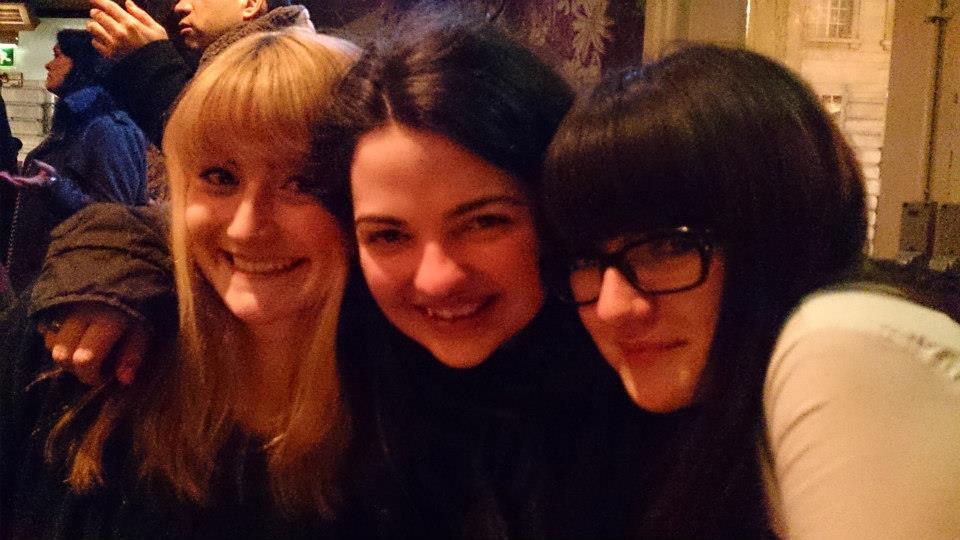
Bringing in different points of view, lived experiences and preferences can develop into a wide variety of games being created – and I hope over time that having a more representative development team in terms of who is playing our games will benefit everyone and lead to amazing innovations in entertainment for everyone!
Bee Oshomuvwe, HR Business Partner
How do I choose to challenge negative stereotypes towards women? I kid you not but it’s by proving I can! If I felt there was a negative stereotype against women and I had the power to make a different decision – I consciously would. I think I am happy to say that a lot of these stereotypes are slowly becoming outdated, but they were very much alive for me when I was growing up.
My earliest memories of challenging stereotypes started when I was about 10 years old in the simplest of ways. For example, “ties are for men.” I challenged that and would wear ties and shirts as part of my everyday outfits. At the age of 10 I didn’t like the idea of not being able to dress a certain way because it was less feminine. Another stereotype I became acutely aware of as a child was, “women should be in the kitchen and/or sewing clothes.”
This stereotype plagued me when it came to deciding on my options for GCSE technology, therefore I chose resistant materials because I felt that that was typically for men, not women. My dad always made my sister and I help with DIY around the house so the idea of sawing, measuring and cutting through something felt worthwhile to pursue.
The point in both these examples were small, but they were the catalyst for my attitudes towards women now. From an early age it became ingrained in me to continue that journey. I have invested energy into supporting women with their development inside and outside of work, as well as educating people on reshaping toxic gender views.
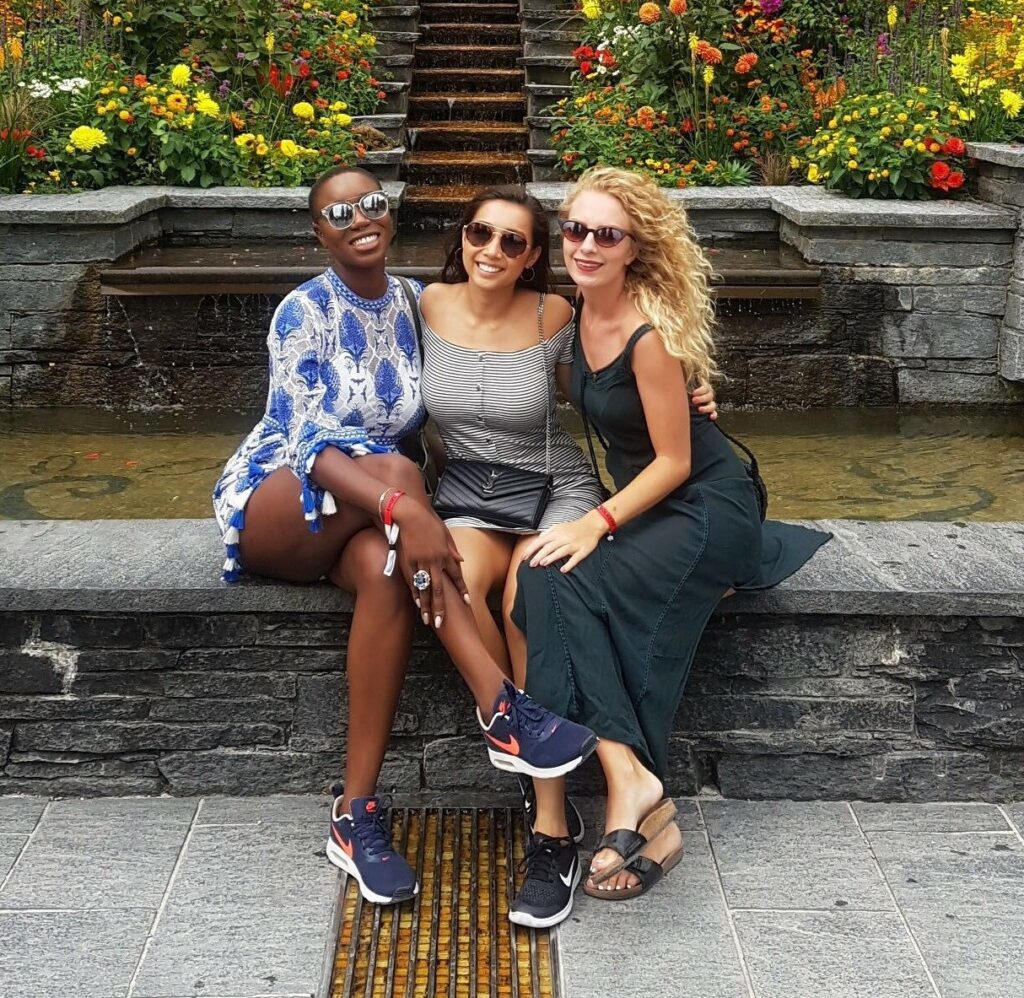
I saw something the other day that read: “women are my allies not my competition” and this really resonated with me. I have dedicated a lot of time to champion women from all walks of life, from personal relationships to those unintentional meets. My favourite stories are the drunk encounters you have in the women’s toilets in a club where the compliments are flying amongst strangers, but from a work perspective this manifests through mentorship programmes I have created. For me, championing women is moments like a youth offender I had the privilege of working with, where I managed to see progress in her behaviour and attitudes. I saw growth. It’s supporting someone’s development through the Prince’s Trust scheme and watching them graduate and then go on to get a job.
In other ways, we cannot ignore activism in education. It is the kindness and correction shown when people get things wrong about women. It’s not to shame but to champion, educate and help move away from negative stereotypes and antiquated ways of thinking.
Jenny Kassner, Producer
Even before joining the video game industry, I’ve always worked in male dominated industries. I’m sadly too used to being the only woman in the room and know the many frustrations when attempting to get your point across to people who do not share your lived experience.
My initial experience of women only groups in these industries was sadly a toxic one. They were supportive of each other in a performative way but secretly out doing each other as there was a silent understanding that there was only a limited number of spots for women, and we were all competing for those.
It wasn’t until I began looking into jobs in the games industry that I came across a truly supportive space for women and non-binary people in the form of a mentorship. It was in games that I realised that I had never truly had any female role models throughout my career. Now that I found them, I wonder how I managed to survive this long without them. It’s quite startling how great your professional experience can be if you surround yourself with women who actively prop each other up.
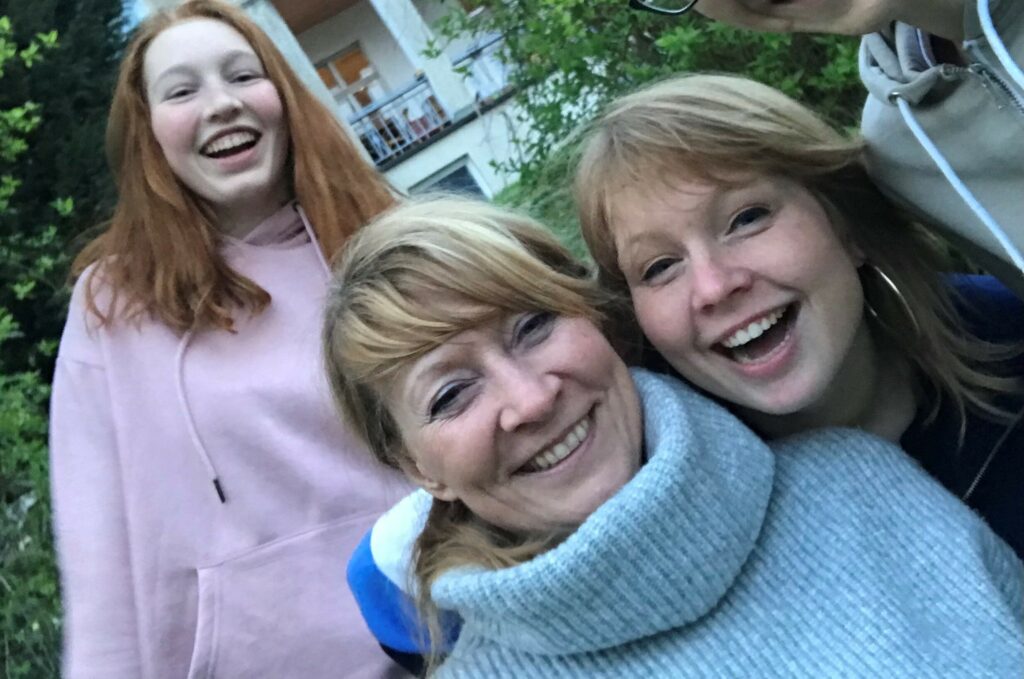
This mentorship was my first real experience of the games industry and it had two results: I was confident I had the support that I needed in pursuing a career in games, but I was also naive in thinking that this was representative of the wider industry. So it was a bit of a rude awakening when I realised that I could count on one hand the amount of women and non-binary people I interact with day to day. Not very many, and it can get quite exhausting.
However, this has taught me one thing – if we give women a truly supportive space to grow, there’s really no limit as to where we can go. It certainly gave me the confidence, usually only seen in white men, to pursue something that I knew very little about and succeeding. So more of that please!
Colin Harvey, Senior Writer
I pitch, develop and write stories for a living. About twenty years ago – yes, I’m that old – I pitched a game idea to a senior executive in the industry. Looking back I still think it was a good idea, and it happened to have a female protagonist. I presented my idea to the executive and he looked at me thoughtfully then said something along the lines of, “Hmm… female player-character… Been done, hasn’t it?”
Obviously he was referring to the mighty Tomb Raider, which of course is seminal and brilliant in all sorts of ways. But the idea that having one female protagonist in a game meant that literally no other games could have female protagonists flabbergasted me at the time and still amazes me.
Two decades later the cultural landscape looks and feels different. There’s Clementine from Telltale’s Walking Dead games and Alyx from Half-Life and Faith Connors from Mirror’s Edge and Horizon Zero Dawn’s Aloy. And there’s loads more, including Ellie, of course.
But are there enough engaging, believable well-rounded female characters in games? Nah, of course not. And anyway, that’s only at the representational level – the stuff we see on screen. For things to really change you need to make the industry more diverse, so that everyone doesn’t look and think like me – a middle-aged straight white guy with obligatory spectacles and a bit of a paunch (I’m working on it, alright? Don’t @ me).

Despite the events of recent years, I remain an optimist. In my field there are more and more female writers and narrative designers, and I’m hopeful that other kinds of diversity will follow. After all, games are the pre-eminent cultural and artistic artform of the twenty-first century, right? Everyone should get to play, and see themselves playing, not just half of us.
Jenny Davis, Office Manager
The games industry is represented by women now more than it has ever been, however, there’s still a long way to go to reach equality. For young girls, seeing someone like them represented in the games industry is hugely important and it’s great that women in our industry are talking in schools and colleges to encourage children that anyone can have a career in games, regardless of your gender.
Gender stereotypes around career and ambition are ingrained into young people from an early age. When I was younger, I challenged gender stereotypes by joining my school football team, despite being the only girl on the team. I remember other children and adults finding it strange that I wanted to be on the football team, as I was also a ballet dancer! It’s important to show young people that their gender is not a barrier to anything they want to do or achieve.
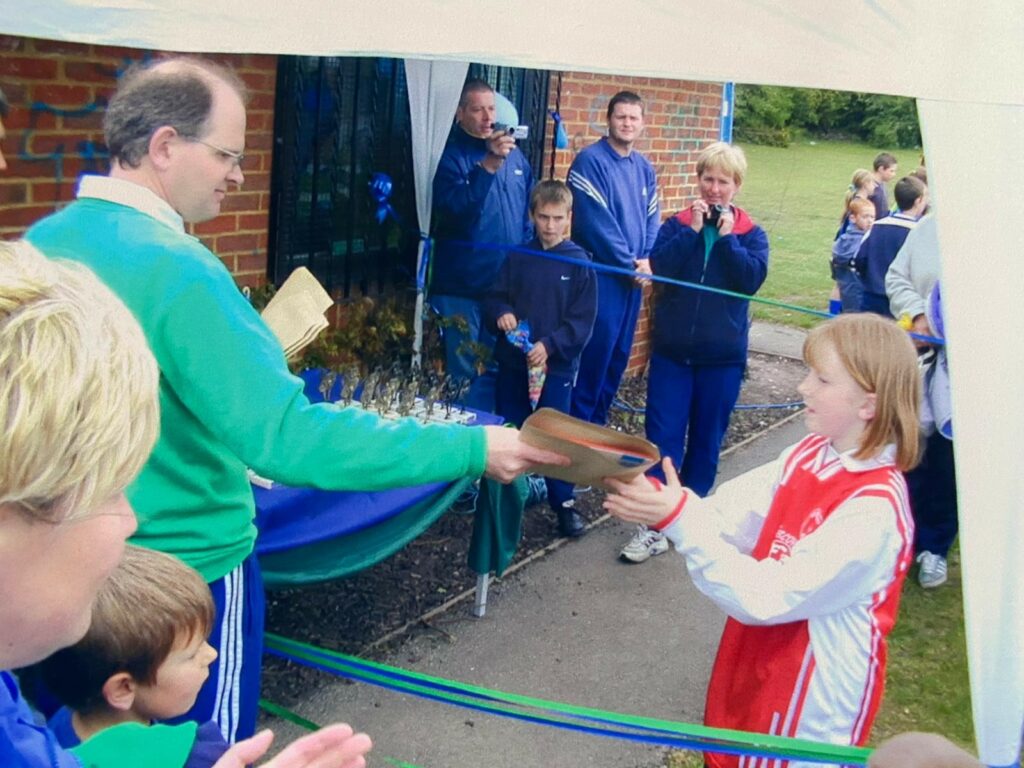
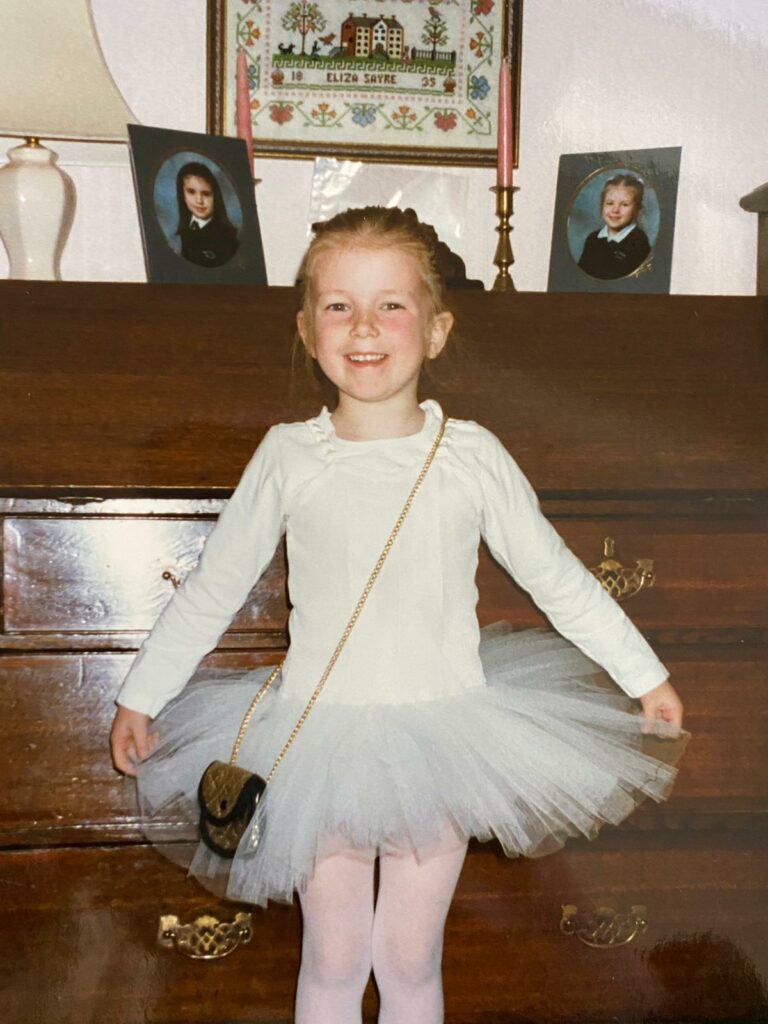
Last year, we worked with a wonderful company called Innovate Her, who ran programmes connecting young girls with real life industry role models. We invited them into the studio for a workshop to show them the variety of roles they could have within the industry and to be inspired by our team. This was an amazing opportunity, and on a personal level through programmes like this, I feel we’re playing a small part in diversifying the industry and encouraging more women to choose games as a career.
Annem Hobson, Communications Manager
I’m the daughter of two Pakistani immigrants who moved to the UK in the early 80’s, so the idea of challenging stereotypes has an additional layer of complexity for me. I wasn’t Asian enough for the Asians but not quite English enough for the English. My identity was constantly passed around from stereotype to stereotype, and most of these were gender related.
However, I had a powerful mother who had already experienced her fair share of challenges. She prepared me for the big wide world. When she moved to the UK, she chose to get a job and to wear trousers (much to the gossip and surprise of people in her community). She wanted to drive, to speak English and grab all the opportunities she could find with both hands. This meant you simply had to shut out the noise and not let expectations of how a woman ‘should’ be affect the way you want to live your life. So whenever I couldn’t fit into a mould, she reminded me that there shouldn’t be any moulds in the first place!
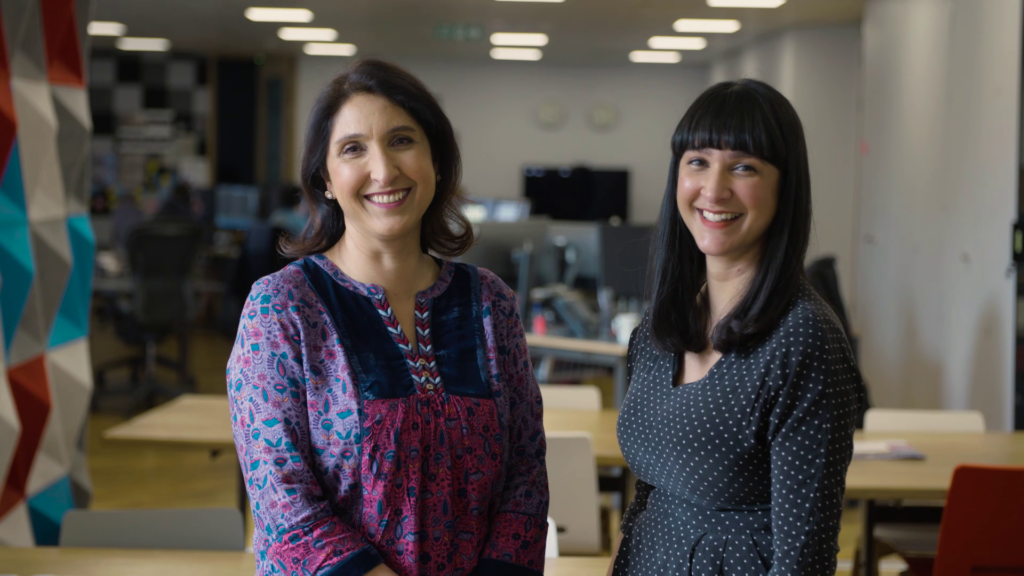
I was extremely fortunate to have this kind of guidance in life, but not everyone does – so how can we create role models for the millions of young women who don’t see themselves reflected in things they are passionate about? The reason why I’m so vocal about representation in media and games is because growing up, I just didn’t see people quite like me on screens. It’s important to me that people understand the significance of this.
Related Posts
Celebrating Our Studio’s Best Place to Work Award
September 27, 2023
Celebrating Our Studio’s Best Place to Work Award

Breaking Barriers: In Conversation with Tara Saunders, Co-Studio Head
March 8, 2023
Breaking Barriers: In Conversation with Tara Saunders, Co-Studio Head
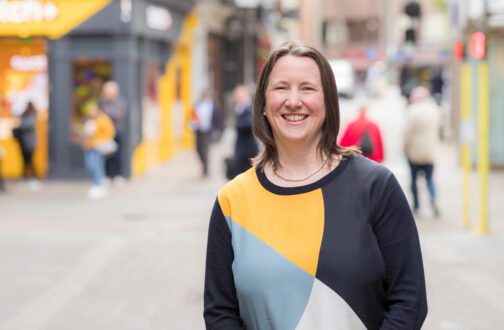
Reflecting back on 2022
December 15, 2022
Reflecting back on 2022
